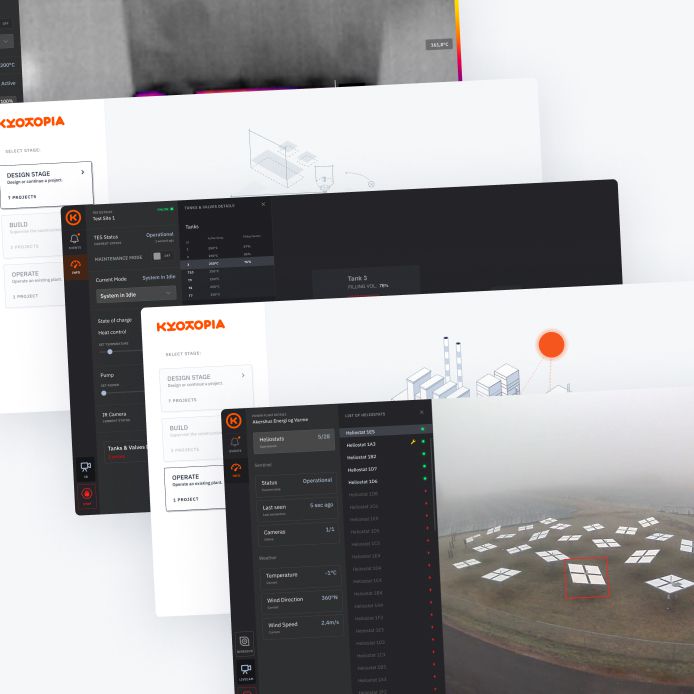Why is Flexibility Important in Software Development?
Imagine a software project where everything goes exactly according to plan. In reality, that's rare. Flexibility in software development is key to dealing with unexpected changes and ensuring a successful outcome.
There are two main aspects of flexibility:
- System Flexibility: This refers to the ability of the software itself to adapt to new situations or data. A well-designed system can handle changes without breaking down.
- Team Flexibility: This describes how well the development team can adjust to changes in project requirements, goals, or unexpected challenges. An open-minded and adaptable team can work with these changes to deliver a better product.
In this article, we'll focus on team flexibility and how it directly impacts the flexibility of the software being built.
What Does It Mean to Be Flexible?
Flexibility in the IT project management is required whenever the environment is dynamic. And that is... almost always. Nowadays, there are few situations in which the project is totally predictable, and the path to its delivery looks like a straight, glorious highway.
In an environment of continuous change, the flexibility of project teams is of utmost importance. Quoting the study "Structure and flexibility of project teams under turbulent environments":
The extent of authority and autonomy granted to the project manager and the individual team members has a significant impact on the ability of the project team to meet stakeholders' goals and expectations. This is particularly true in dynamic environments, where resources, requirements, and other conditions change rapidly, and a great deal of innovation is required.
In software development, a way to ensure flexibility in applying agile methodologies from the very start of the project.
Being agile & adaptable is a way to respond to changing project assumptions safely and effectively.
KYOTO Project
We have recently completed a complex project in the renewable energy industry. Working with KYOTO (you may read more here; KYOTO case study), we had to challenge our plans, expand the scope and redefine our assumptions at least a few times.
KYOTO had this to say about us:
They are above average in their flexibility, trying out a business model that was unknown to them, supporting our way of working, and delivering efficiently. We trust them.
Flexibility in the KYOTO project was visible both in the use of SCRUM and in our ability to respond to the changing concept of the start-up's target product.
The Kyotopia project has confirmed our opinion the SCRUM/Agile approach to software development has virtually no disadvantages - it all depends on how people feel about it. Furthermore Kyotopia has allowed us to refine our understanding of agile management.

It was our major industrial IoT project for the energy industry, and we succeeded. All thanks to flexibility. Why was it especially needed in this project? Looking back at it, there were three reasons for that:
- The project's original goal was to build a CSP plant. It evolved to creating the end-to-end system to test, design, and deliver a power plant, and eventually, KYOTO focused on energy storage and the battery itself. If not for our openness to changes, we would experience those goal alterations as a severe business obstacle.
- Due to its scale, the project required the participation of multiple third parties that had to cooperate with each other. Each of these companies represented a slightly different style of management, which one team dealing with project coordination was trying to put together. We were ready to adapt our processes to the client's requirements and other teams participating in the project.
- Finally, the budget. As goals change, estimates need adjustments. Thanks to the time & material approach based on long-term but flexible evaluation, we could cushion changes and propose improvements that would benefit both parties.
